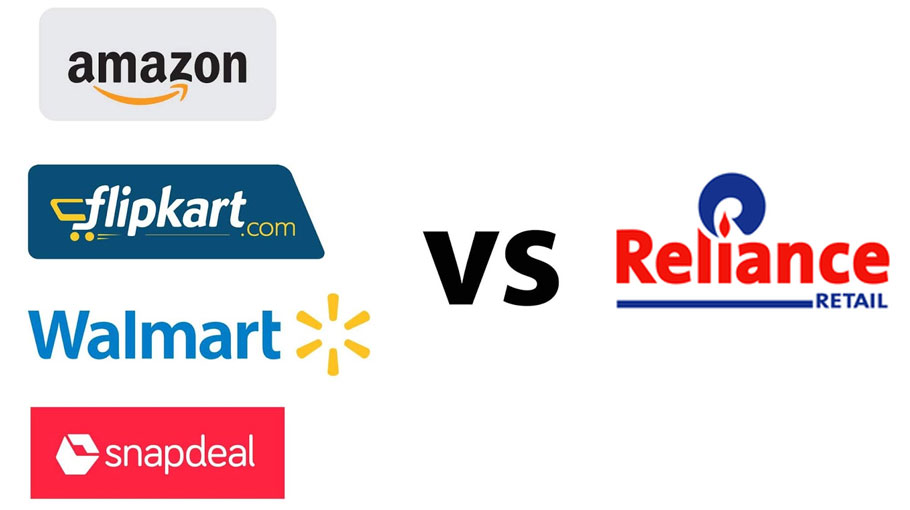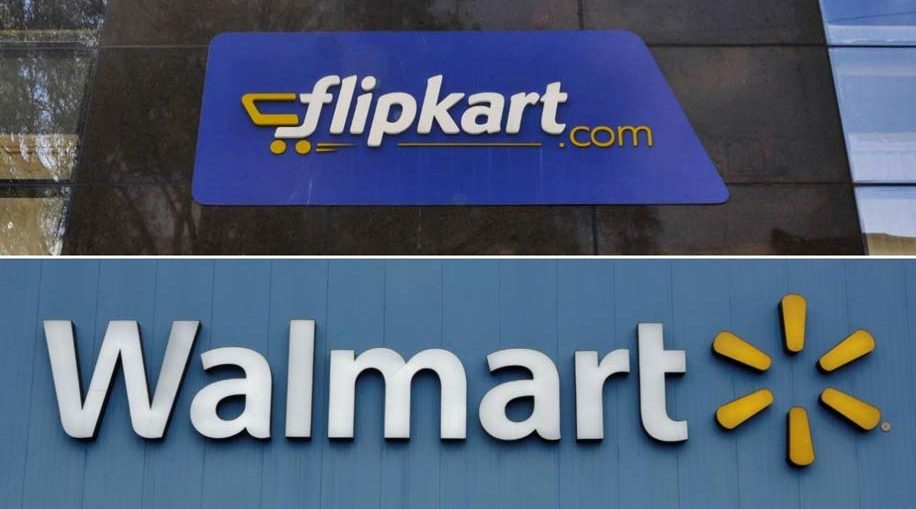
How Fin-tech companies possess threat to traditional banks?
When the government announced demonetization decision on November 8, 2017, the search for alternative payment method began which gave rise to various Fin-tech companies like PayTM and Mobikwik. The decision also came as a boost for striving cashless economy and vision of Digital India. Thus, leading to the emergence of two system of banking in India. The first system is the traditional one consists of bank infrastructure, plastic cards. On the other hand, there is mobile-based banking with facilities like cash back offers peer-to-peer payments, which is offered by these Fin-tech Companies. The shift towards digital is due to the advancement of internet and youth getting more internet and tech savvy. Therefore, the only way to retain such young based customers is through offering them personalized banking, seamless and customer-centric experiences which these Fin-tech companies are effectively able to provide as compared to traditional banks.
The pace at which people are switching to customer tech companies over traditional banking means is revolutionary and unusual. These changes are hard for traditional banks to ignore due to the following reasons:-
Competition from consumer-based internet companies
Major consumer internet companies has their own payment gate like AmazonPay, PayTm, Phone PE (of Flipkart), Google Tez and now WhatsApp has launched WhatsAppPay in its beta version. There are more than 200 million people in India who are on WhatsApp and with this new feature rolled out, one can easily send and receive money as the feature is supported with UPI. Therefore, traditional banks are facing competition from these cash-rich companies which are highly customer focused and provides better and innovative products in order to retain their customer.
Trust won’t give banks an edge
Over the years, these consumer internet companies have branded themselves as one of the most trusted companies of India and with their strong performance and continuous marketing, these tech companies, in no time, would be way ahead of traditional banks.
For instance, in China, cash is pretty much dead and everyone is using two dominant mobile pay apps i.e. WeChat Pay and AliPay. The adaptation came due to their weakened financial system and advancement of technology and smartphones, a similar situation which India too is facing right now. As a result, China had reported $5 trillion of mobile payment volume as of the year 2016. Now, Alibaba and Tencent both have launched their Internet Banks and can now collect deposits directly from the customers at a lucrative interest rate and along with providing personal, international and professional facilities to its customer.
According to the report of McKinsey & Company, the banks which do not digitize themselves within next three-five years would see a drastic dip in their net profit (nearly 35% ) in India.
According to the report of McKinsey & Company, the banks which do not digitize themselves within next three-five years would see a drastic dip in their net profit (nearly 35%) in India. In the current state, the Indian banks are left with broadly two alternatively i.e. first, to start their own wallets by developing a different subsidiary or team with young and dynamic culture and their own digital banks. In order to compete with companies like PayTm, Jio Money, WhatsApp Pay etc., it is important that these traditional banks acquire those start-up which is of same league i.e. start-ups which wallet and digital services providers based ones in order to understand the technology which these giant companies are onto. Such investment would not only help in the introduction of a winning product but also the bank would able to work with dynamic young people and their ideas to keep the product going. In the light of this statement, the acquisition of Freecharge by Axis Bank from Snapdeal for $60 million and investment of Bajaj Finance in Mobikwik for $35 million in order to acquire 10% stake in the company seems to be one the most sensible decision taken by these bank in the current scenario.
The second alternative is to join hand with these Fin-tech companies and simply coexist together but it won’t provide much growth to the bank in the long-term perspective. Therefore, for traditional banks to survive and emerge as a leader in this dynamic and changing banking environment, investment, and buyouts of such Fin-tech start-ups is the optimal solution but still majority of these banks are not doing anything in this direction, it is important for banks to understand that the shift to everything digital should be seen as an opportunity for banks to organically grow and expand rather than ignoring the fact altogether.
Mobile payments are the future of India and the banks who realizes this fact sooner will only survive in the long-run.



